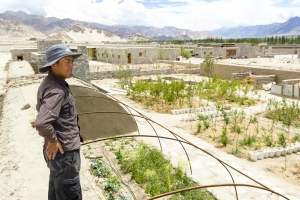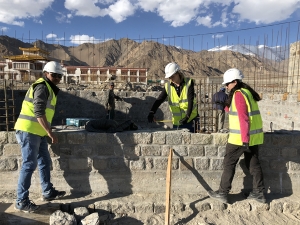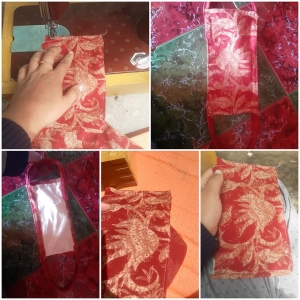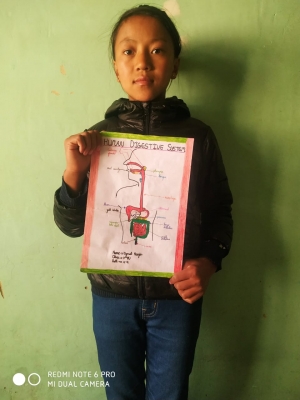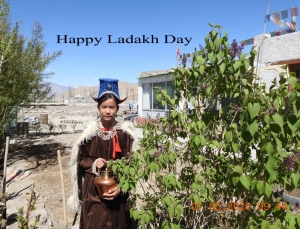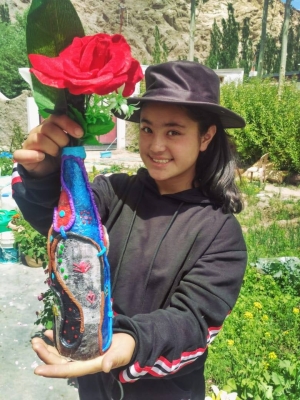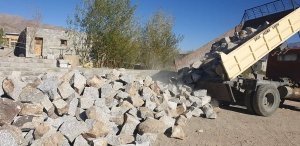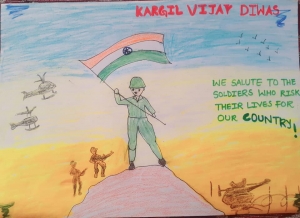DI Cook
His Holiness Gyalwang Drukpa
Founder, Druk Padma Karpo School
"We should think about a development that gives us a pleasant future, progress that gives a pleasant and prosperous future for us, our children and grandchildren, generation-to-generation, without losing our culture and religion."
Visit https://www.drukpa.org.uk/about/the-gyalwang-drukpa.html to find out more about His Holiness Gyalwang Drukpa
5-year development plan underway
2024 sees the start of the five-year development plan which covers the building of the new senior secondary school classrooms and facilities, the health centre, plus the seismic upgrade of the existing classrooms
The construction season started as usual at the beginning of April and is now well under way. Foundations are being laid for the new Health Centre and work on the seismic upgrade and mudslide repair of the remaining residences is proceeding well
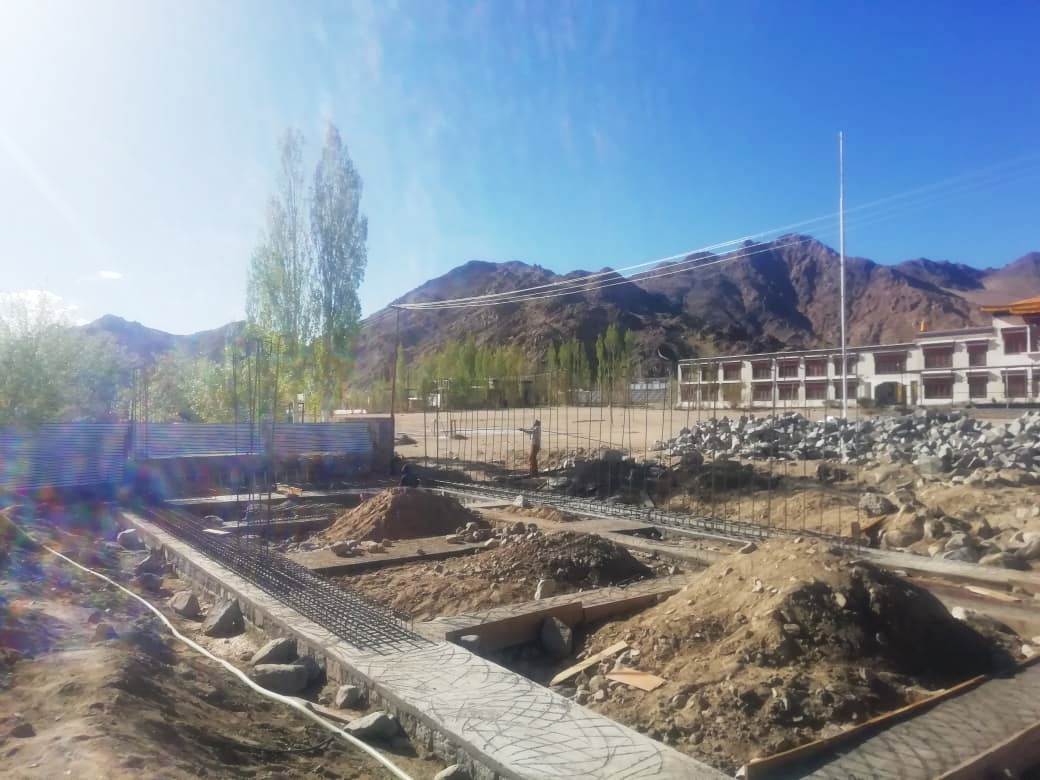
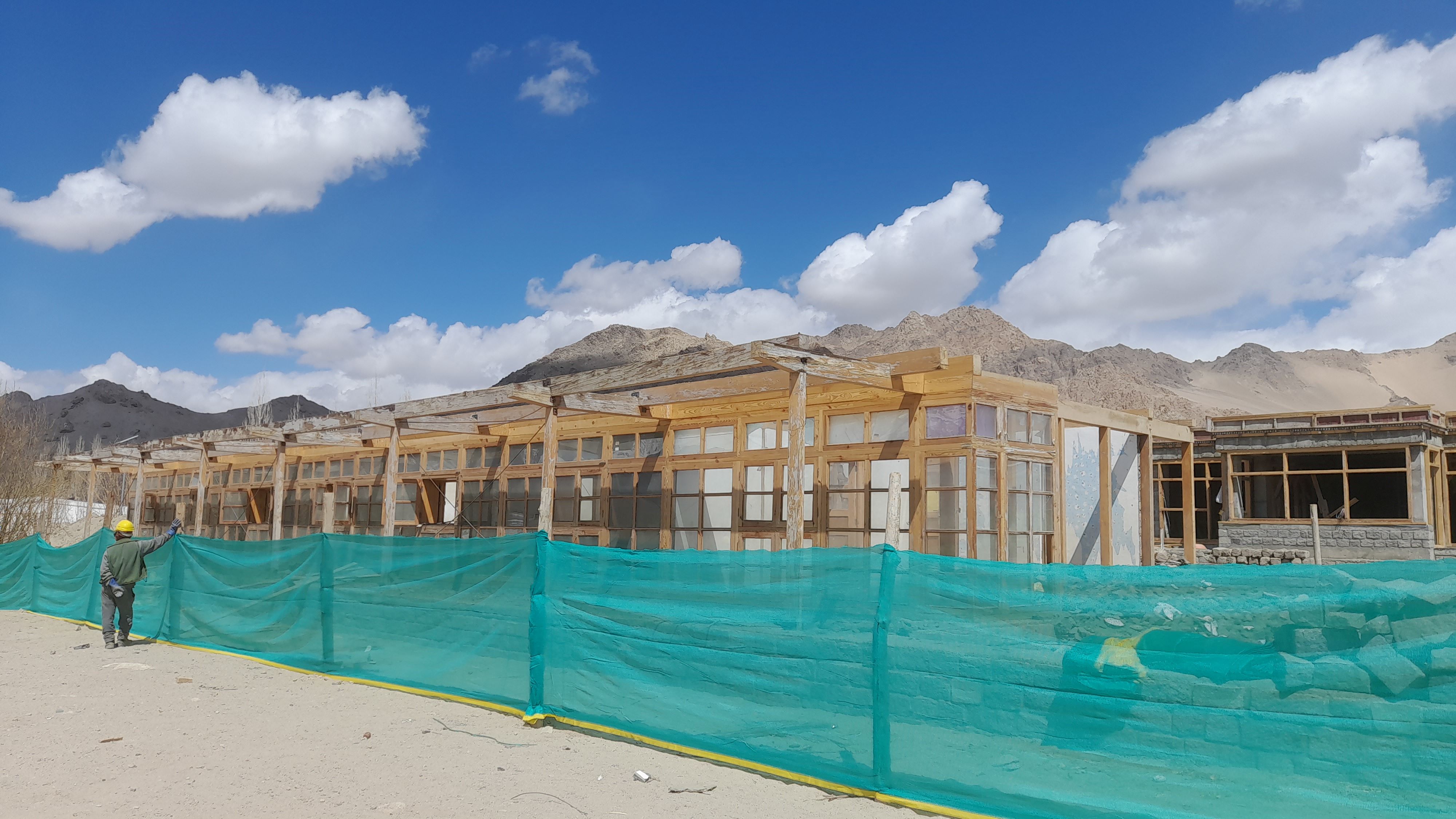
The Dragon Garden
Staff and students from the University of Greenwich (London) Landscape Architecture programmes are helping to make gardens for the school. The design of the Druk Padma Karpo/White Lotus School, by Arup, is based on a Tibetan mandala. ‘Mandala’ is a Sanskrit word. It was used for the sections of the Rig Veda and became associated with a visual symbol, based on a circle and square, used for the layout of temples and the design of stupas and many other sacred objects.
The school and campus were severely damaged by a mudslide in 2010. The site is in a cold desert and there is a great need for a garden and landscape environment. Our hope is to pioneer an approach to cold desert landscape design which will have a wider relevance in the Himalayan region. Global warming is causing the glaciers to retreat and putting the whole area at risk. A University of Greenwich landscape architecture student began work on Druk Padma Karpo in 2012.
The Dragon Garden will transform the school’s environment from a barren desert into a lush and sustainable garden that will be used for learning, playing, sports and food production.
Click here for the history of this exciting project and how volunteer landscape architects can be a part of it
To read some of the landscape architects' reports go to the tab "News", then "Landscape News", or click here.
What is special about the Dragon Garden?
‘Druk’ means ‘Dragon’ and is a Buddhist symbol. Ladakh is one of the last places where traditional Buddhist culture survives and its philosophy has influenced the design.
Few young Ladakhis are enthusiastic about the back-breaking agricultural work endured by their parents and grandparents. They see other opportunities as more attractive, notably in the tourism industry. The best continuation of the ancestral link with the land will be through modern horticulture and gardens. The Dragon Garden will enable some of the younger generation to be inspired and gain relevant hands-on experience. A video about the landscape and garden design is available on YouTube
Urbanisation is consuming previously cultivated land. The Dragon Garden is located in barren desert and will be an exemplar of what can be achieved to bring barren land into productive use with appropriate know-how. Our Landscape and Gardens Strategy is one of sustainability, including elements of conservation, habitat creation and biodiversity. Local people – both adults and children - will be able to experience what this means. By increasing the biomass through extensive planting, the garden will sequester a modest amount of carbon – and set a precedent for the Himalayan region. The school is already engaged in carbon offsetting through its solar energy scheme.
How will the Dragon Garden help children?
The residential students will live in a sustainable environment 24/7, the day pupils during school hours. During their time on campus their cultural heritage and identity will be reinforced by a 'learning through growing' scheme using a plant nursery, greenhouse and residential gardens. 'Learning through play' is a theme in the various gardens on site, using the adventure playground, infant playground and the sports facilities (Multi-Use Games Area, MUGA), cricket field, soccer pitches, athletics field, basketball court and archery range. Student participation in domestic production of fruit and vegetables will in due course introduce them to good horticultural and environmental practices - a modern version of their own heritage – and equip them with useful livelihood skills. The garden will influence students’ values by engendering respect for natural habitats, ecosystems and resources. The Dragon Garden will be an external classroom for teachers to bring lessons to life, where children can learn by ‘doing’, experiencing the joy of seeds growing and seeing various curriculum topics manifesting in nature.
How can the Dragon Garden encourage awareness of and help prepare for climate change?
Education is the answer. Some reputable scientists forecast that the lowest temperatures in 2070 on the Indian sub-continent will be higher than the highest temperatures today. If that turns out to be true, people will face enormous challenges with regard to food production, water availability and many aspects of life. They will need a keen awareness and expertise to find solutions. Students on the campus live with the consequences of a devastating mudslide triggered by unusual climate variations, and have an opportunity to learn relevant knowledge and skills in formal classes and from the external environment.
What can the Dragon Garden teach about conservation?
Being located in a desert area, the top resource to be conserved is water. The school's latrines, for example, are out of the water cycle and use dry composting. Water is used mindfully and we will use drip irrigation to increase the efficiency of water use from about 20% in traditional systems to around 80%. We aim to extend recycling so that all compostable waste is used to create soil, and other items are directed to suitable channels. Small-scale examples foster awareness and help train students, staff and visitors.
What is the link between the Dragon Garden and biodiversity?
The Garden is located in a desert area, with relatively little wildlife in the immediate vicinity. We will increase the biomass and extend the vegetated area, and hope the orchards and shelterbelt will provide a good habitat for birds. Through proximity to diverse plant and animal species (possibly through a small school farm in due course), the students will become aware of biodiversity and will take that awareness with them into adult life.
Who is developing the Dragon Garden?
A Ladakhi non-profit society, Druk Padma Karpo Educational Society (DPKES), is responsible for the school. DPKES has worked with Drukpa Trust, a UK charity, since 1997. They work with the Landscape Department of the School of Architecture, Design and Construction at the University of Greenwich, London.
How can I participate?
You can volunteer to come and help our team to dig, plant and create ... or you can help pay for our landscape team and the materials they need.
What funding is needed?
We have developed a Landscape and Gardens Plan that embraces landscape architecture, garden design and sports facilities. It will enhance the award-winning building architecture by creating gardens and intimate spaces for activity, leisure and study, as well as larger sports areas. In view of the scale of the campus (around 11.5 hectares), we are developing the vision step-by-step over a number of years.
Landscape and Garden Master Plan
Strategic Principles
Water. Water is the fundamental prerequisite for landscape development in Ladakh. The traditional approach involves irrigation channels that conduct melt water to small fields and orchards for flood irrigation. Though the system is well-understood and beautiful, it has several disadvantages: distributing water within fields is labour-intensive; water use efficiency is only about 20%. We are therefore installing a drip-irrigation network on the Druk Padma Karpo campus, which can supply the water necessary for landscape development in an efficient manner and exemplify a sustainable approach in Ladakh.
Soils. The campus is built on the edge of an outwash fan. The area is strewn with granite boulders. It has minimal soil development, with low chemical weathering, and a relative absence of humus and sparse vegetation. To establish a vegetation cover it will be necessary to: encourage or create a vegetable soil with a good range of particle sizes, including sand, silt and clay; improve the availability of nutrients: nitrogen, phosphorous, potassium and trace elements; and build up the humus content of the soil. Kitchen waste, composted toilet waste and any organic material will be treated as treasure.
Microclimate. The growing season in Ladakh is short but productive, with relatively high summer temperatures, much sunshine and a relatively good water supply to the cultivated land. Strong winds and dust storms can however hinder plant growth. Walls, fences, shelterbelts, mulching and ground-covering plants can ameliorate the microclimate and create a virtuous circle for plant establishment.
Vegetation and wildlife. With water, soil and shelter, there is every likelihood that a lush cover of vegetation can be established within the mudslide defence wall around the campus. The traditional Ladakh vegetation types can be created within the site boundary. Horticulturally, they will represent Ladakh’s landscape, comparable to the ideal landscape representations on a ‘mandala’ (a representation of the universe).
Aesthetics and symbolism. The aesthetic character of the school landscape will be influenced by Lakakhi land management traditions, technical and functional issues, the social use of the school grounds, the mandala plan on which the architecture of the school is based, and the Buddhist approach to landscapes and gardens, see YouTube: http://youtu.be/eGIE-qBQPnc
Environmental sustainability. The people of Ladakh have sustained their local environment for thousands of years, but it is now being affected by climate change. Amid such change, it will be important to conserve what can be conserved while learning from the emerging technologies of a sustainable approach to environmental design - the outdoor equivalents of the award-winning trombe walls and solar-assisted toilets.
Wildlife and biodiversity. Planting on the campus is being planned to enhance biodiversity, with special consideration for creating ornithological habitats because birds serve as marker and indicator species for habitat types, and because birds are a delightful component of a school environment.
Environmental and vocational education. The school external environment will be a teaching and learning resource. This approach has been fostered by the Learning Through Landscapes Trust in the UK. The campus can be a teaching resource, a research resource, a preparation for careers in landscape management, eco-tourism and cultural tourism - and an exemplary project for the Himalayan region.
This is a small project in terms of area, but a highly significant demonstration project for the future of Ladakh. We aim to create a sustainable landscape and garden environment relating to Tibetan Buddhist culture, which students, local people and visitors can enjoy and learn from. We will establish:
- new habitats for native flora and fauna, where people can learn about nature, and develop an awareness of climate change, biodiversity and conservation;
- good quality sports facilities to foster personal health and team work; and
- opportunities for young people to get ‘hands-on’ experience of gardening, hopefully be inspired by it, develop a love for nature, and take their passion and livelihood skills on their life journey.
Projects
Plant Nursery. Ladakh does not have a developed horticultural industry that can supply plants. The school therefore requires its own plant nursery and we initiated our own in 2012. This is an on-going developmental project that can potentially give some of the children commercially useful skills.
Drip Irrigation. This is a pioneering opportunity to develop the use of modern drip-irrigation technology in a cold desert and to spread knowledge of its use to the homes and farms of the families who send their children to the school. We have invested in the core system and need continual expansion.
Garden Team. The head gardener and gardener care for the features created with help from international volunteers. They also maintain the gardens, plants, landscape infrastructure and sports facilities throughout the year. They are key to the whole process.
Adventure Playground. The adventure playground is under construction using natural materials that encourage students to run, climb and play – experiencing different textures and sounds.
Residential Courtyard Gardens. In each of the four residential courtyards, window planters will be complemented by external seating areas and other features.
Dragon shelterbelt. The School will benefit from protection by shelterbelts planted with Buckthorn (Hippophae rhamnoides) and the Ladakh Rose (Rosa macrophylla).
Fruit orchard. With drip irrigation instead of flood irrigation, a range of fruit trees can be grown on the campus, including apricots and apples. We plan to plant and irrigate 9,000m2 in this way.
Sports Facilities. For earthworks and to provide materials and equipment for sports facilities for the school’s own use and to enable it to host interschool meetings. The facilities will provide for cricket (of course), soccer, athletics, basketball, traditional archery and tennis.
We also plan to develop the following features:
• Themed Gardens. Healing, music and science gardens are planned. Ladakh has a rich heritage of medicinal plants and long experience with its own Amchi tradition. A healing garden will showcase local medicinal plants. Music and science gardens will encourage the students to learn through play in these leisure spaces.
• Multi-Use Games Area, MUGA. The ground is dry and sandy, which is not ideal for many sports. A hard-surfaced MUGA will create a clean surface for various courts to be marked out. The MUGA will ease the pressure on the basketball court, which is currently the only decent hard surface for games.
• Serpentine paths. The routes between buildings are currently surfaced with sand and dust from the desert. The aim is to pave selected routes in slate.
• Dragon entrance and gates. The green bodies of the Dragon shelterbelts, which will enclose and protect the school, will meet at the entrance in the south-east corner of the site. This will be a good location for Dragon Gates, inspired by the use of dragon symbols in Ladakhi art (e.g. the Dragon Throne at Hemis).
• Lotus pond. 'Padma Karpo' translates as 'white lotus' and there is every reason to have a lotus pond on site. Nelumbo nucifera does not tolerate frost, but can flourish out of doors in summer. It will require protection in winter. Sacred to Buddhists and Hindus, the lotus is the national flower of India. Filled by seasonal meltwater, the pond will be a haven for wildlife and plant life in summers and a place for the children to ice-skate in winter.
• Outdoor theatre/amphitheatre. Built using mud-brick and rammed earth, an amphitheatre will provide the school with the facilities for music, dance and drama, as well as being a platform for public events.
Funding needed
We need funds for:
The Senior Secondary School comprises 6 classrooms, 3 science laboratories, and facilities for up to 240 (16-18-year-old) students. This new school complex will accommodate courses in commerce, humanities and non-medical & medical science, therefore enabling our students to stay at DPKS for the higher-level exams and not have to leave their much-loved school to study elsewhere. As there is a shortage of schools in Ladakh offering Senior Secondary courses DPKS will also open its doors to new students wishing to study these subjects.

Health Centre - when the COVID 19 pandemic swept across India it brought attention to the need for the school to have a safe, comfortable and efficient medical facility which could accommodate daily health demands, visiting doctors or dentists, and also provide an isolation unit for our residential students in the event of a local epidemic or a future pandemic.
Block of 4 new classrooms comprising 2 new secondary school classrooms and 2 IT labs. The existing classroom building for IT and Yr.10 classes is being upgraded to accommodate a library large enough to meet the whole schools needs, as well as upper school admin offices with offices for the Vice-principal and CBSE examination team. To replace these classrooms a new block of 4 classrooms will now be built in the remaining vacant plot.
Seismic Upgrade and Mudslide Repair Programme
Ladakh lies in a high-risk seismic area and it is essential that we protect the children here at school.
DPKS construction programme is now in receipt of a generous corporate grant to assist with the mudslide repair and seismic upgrade of the buildings damaged in 2010. We are now raising the remaining funds to bring this programme to completion and ensure the safety of our children for many years to come.
To have a break from a regular academic work . . .

DPKS SWITCH to ONLINE CLASSES during COVID-19 LOCKDOWN PERIOD…..
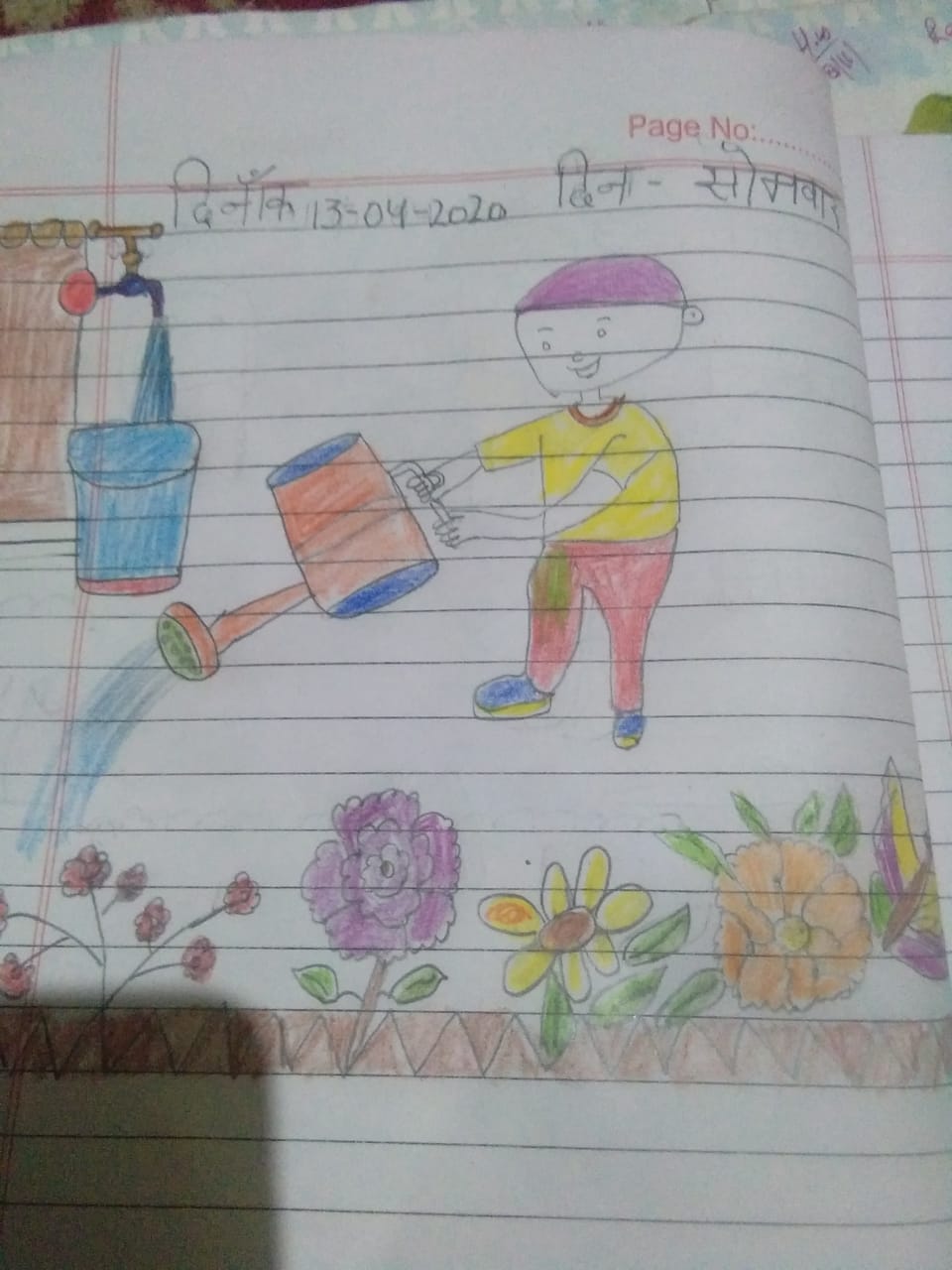
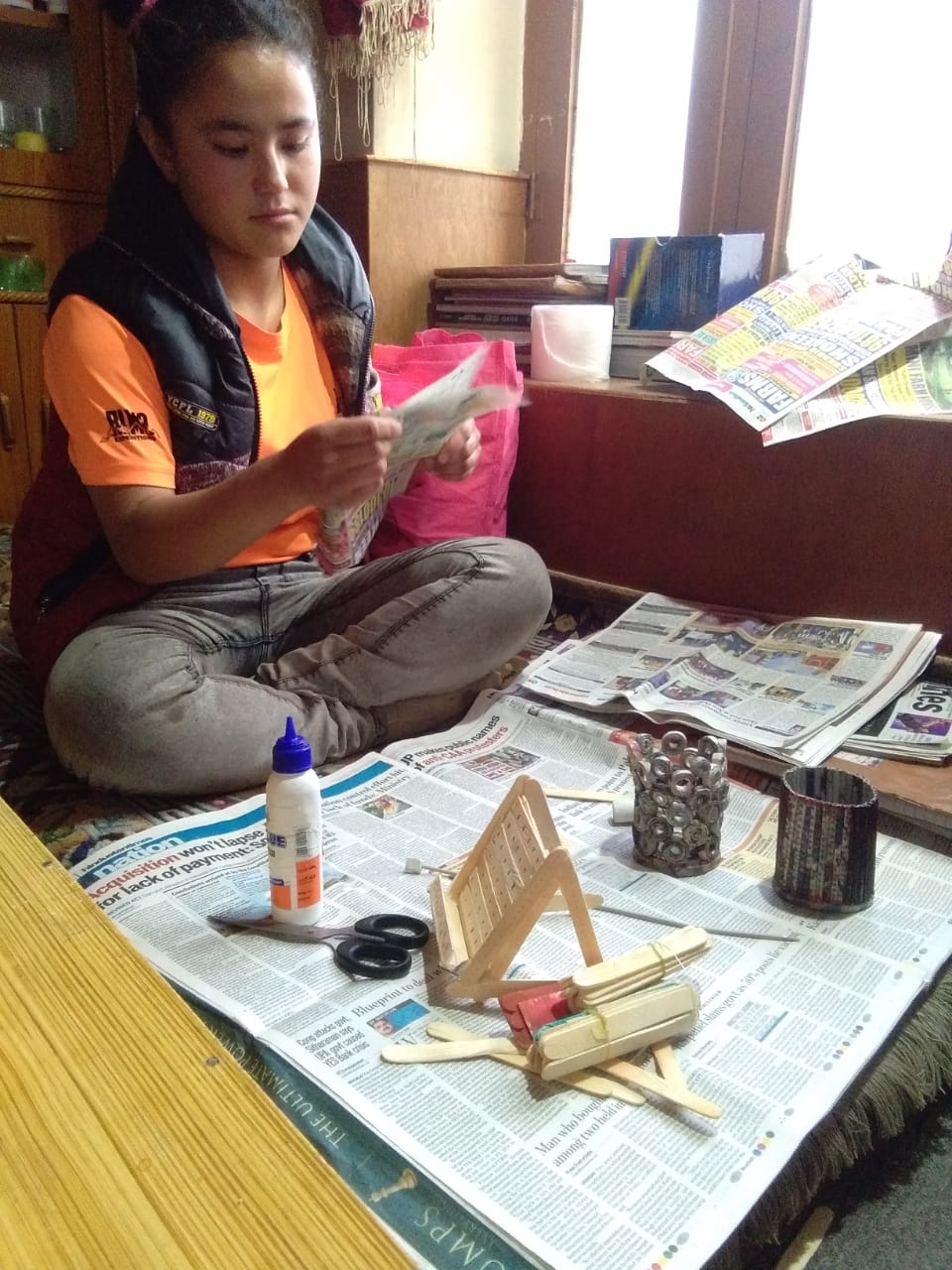
CELEBRATING LADAKH DAY…
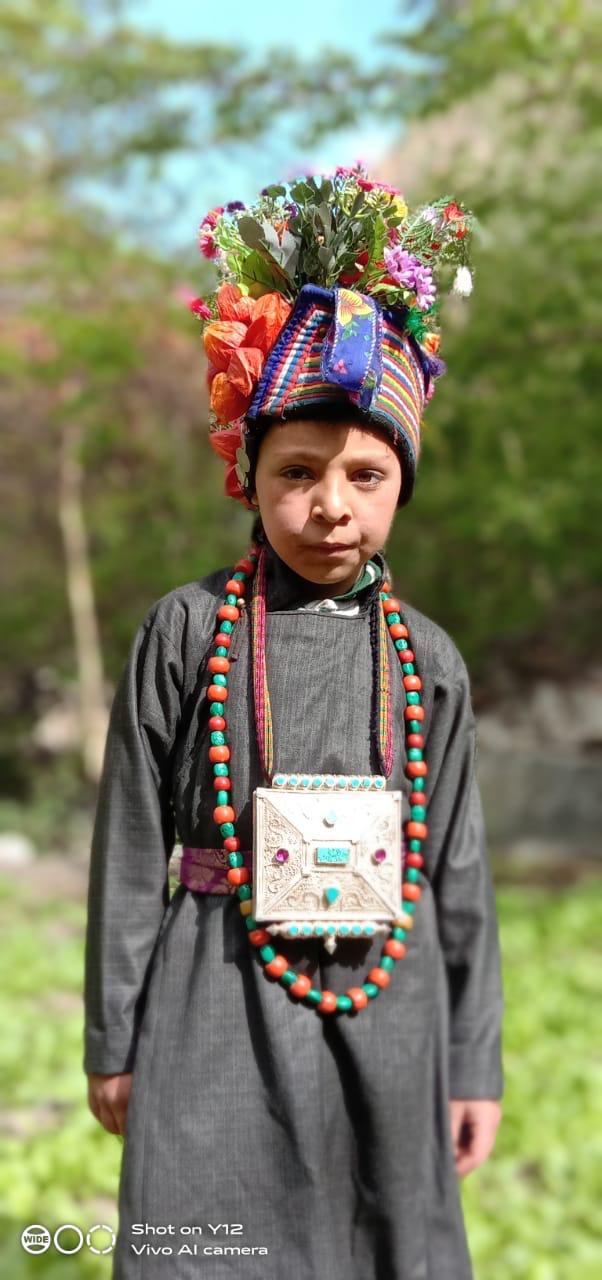
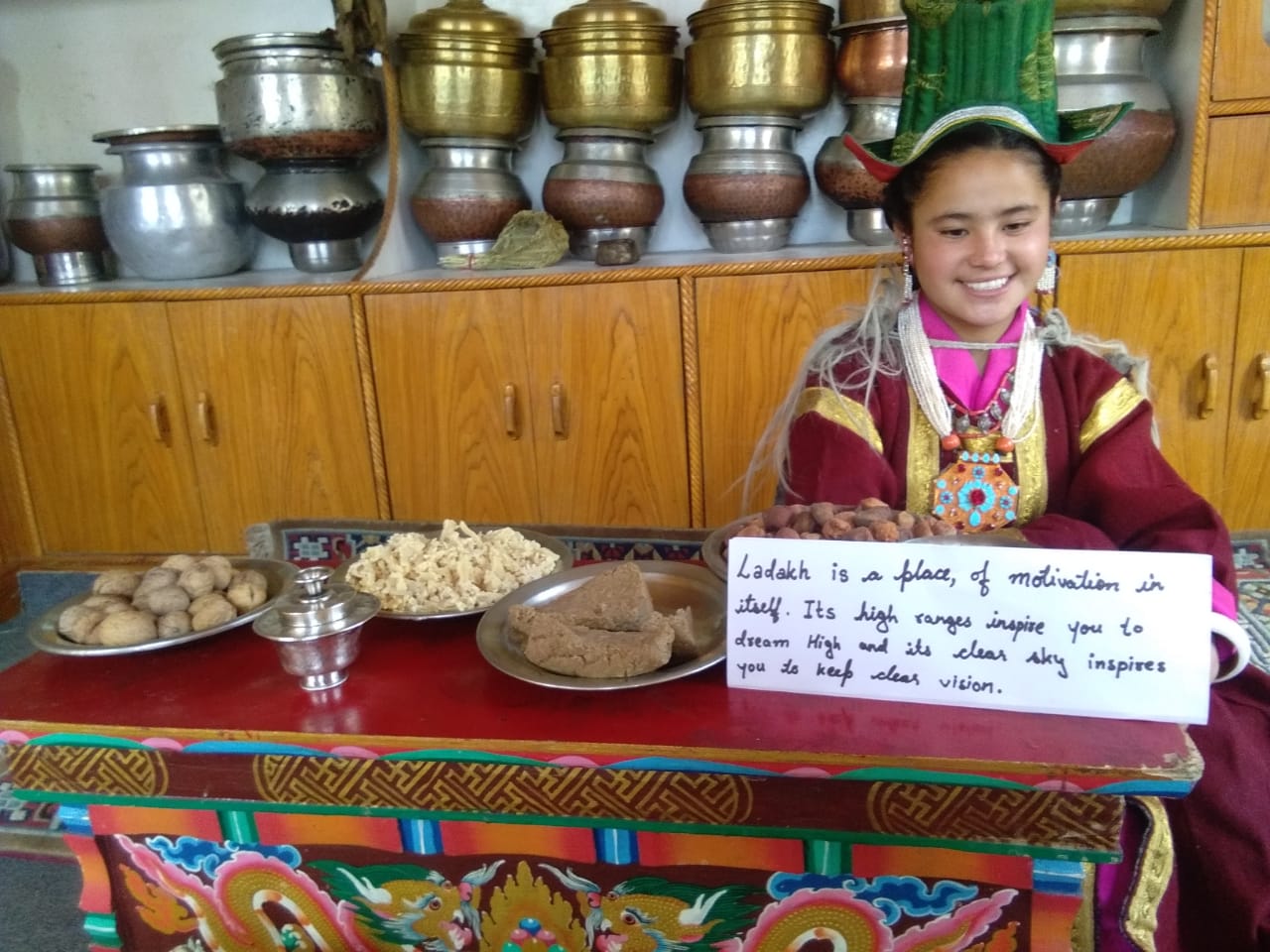
Delighted to share another pride moment
COVID-19 lockdown measures have eased in Ladakh
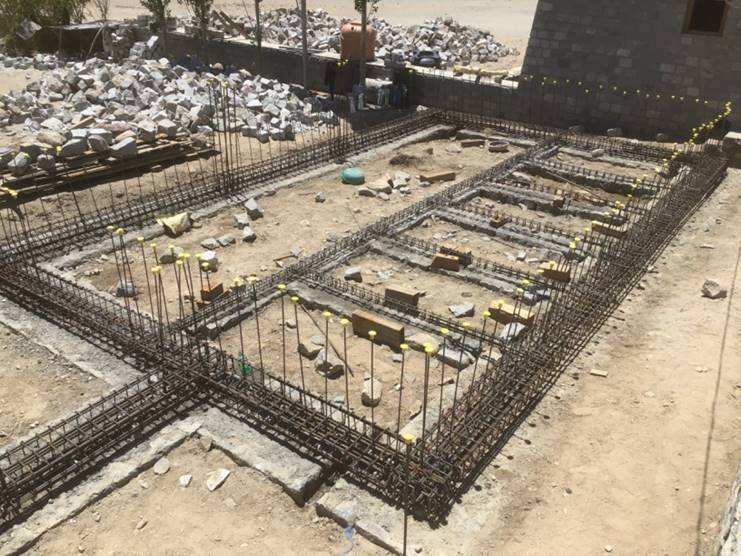
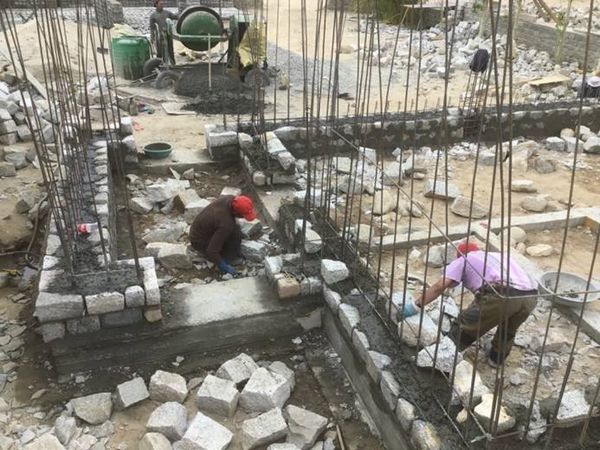
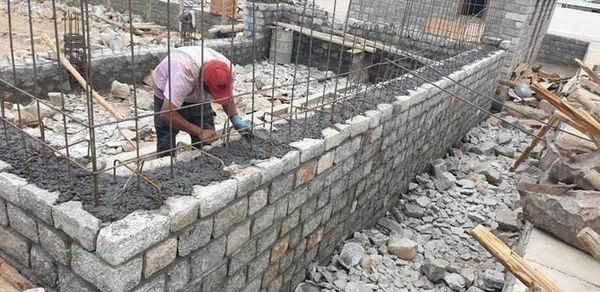
DPKS celebrates Kargil Vijay Diwas (Victory Day)..

